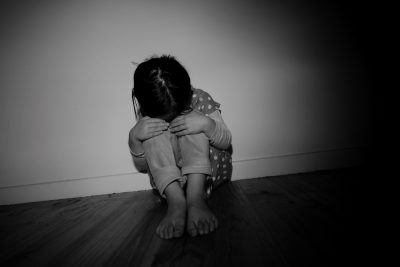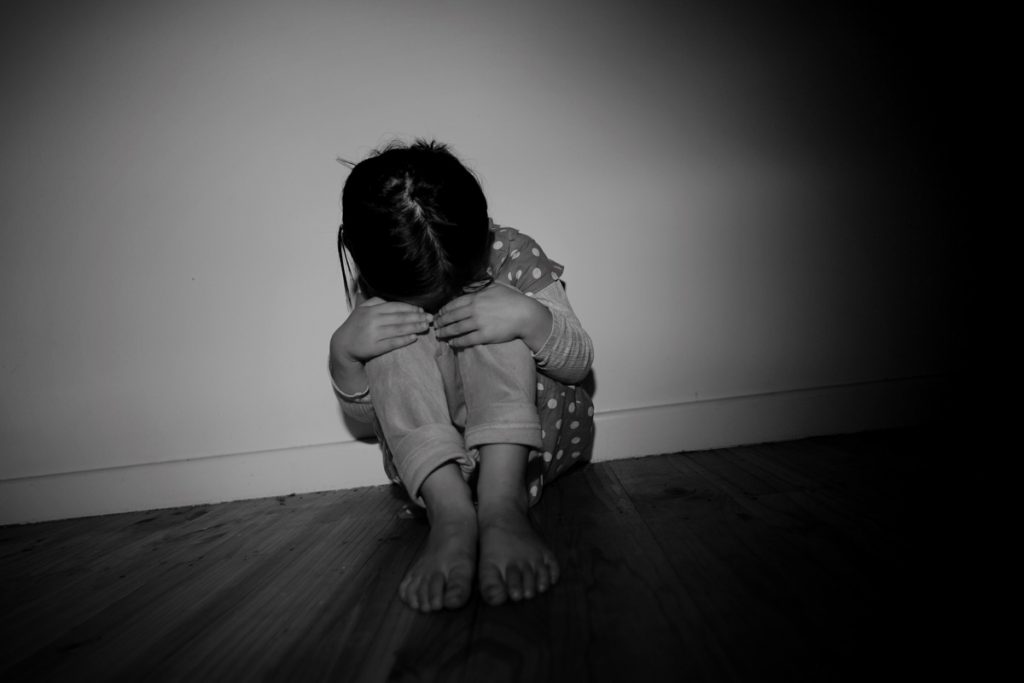I am not a fan of false equivalences, so I admit to not joining in conversations about why the #MeToo movement that is sweeping Western countries cannot or is not happening here. Still, my breath caught when I read the news of the two-year-old child who was sexually abused at the hands of a man in Chrisland School in Lagos.
I was a seesaw of emotions, from being dismayed (but unsurprised) at the school’s reaction of protecting its sexually abusive staff member, to being heartened by the Lagos State Government’s Domestic and Sexual Violence Response (DSVRT) team’s response.
If we are going to properly say #timesup on sexual violence in Nigeria, we would need more agencies like these and it made me think about what it would take to tackle sexual violence and harassment in Nigeria.

Lagos State’s DSVRT work has a lot still to do, but by recording 100% more reports on sexual violence in the state in 2017 than in the previous year, we see how important political will behind state-led efforts can be to give people the confidence to come forward and seek justice.
Other states must step up, but a domestic and sexual violence response team in a largely-agrarian state in the northwest would embark on its sensitization campaign differently from one in an urban southwestern city like Ibadan or Lagos.
Also, adequately dealing with sexual violence in Nigeria must also take into consideration Nigerians living in conflict-prone communities throughout the country. Chitra Nagarajan, a researcher with the Managing Conflict in Northeast Nigeria, shared a recent gender assessment done in northeast Nigeria.
This assessment shows that, with the conflict in the region has come the breakdown of community leadership institutions, as community leaders with the means flee to state capitals for safety. This means that seeking redress through traditional authorities can be hard.

